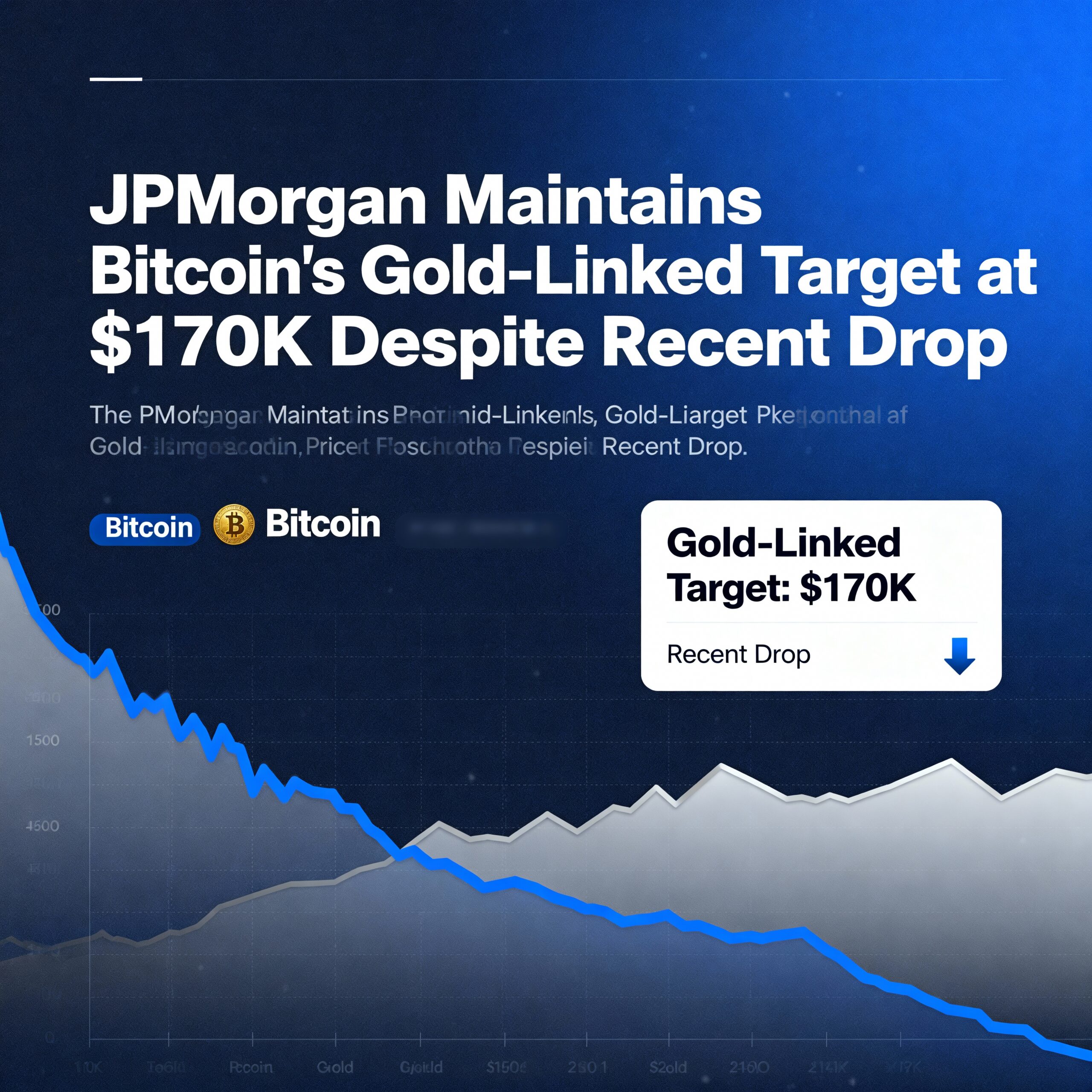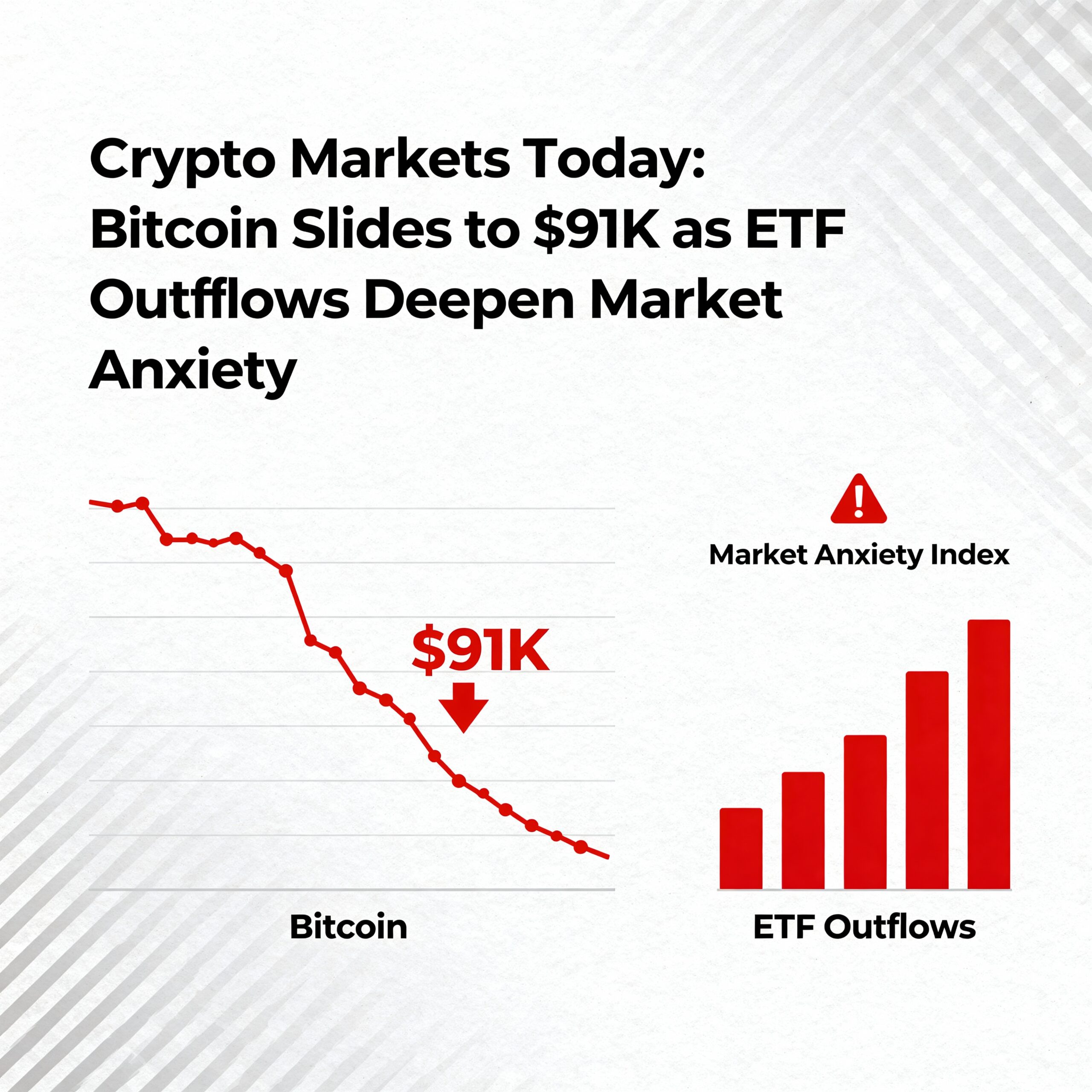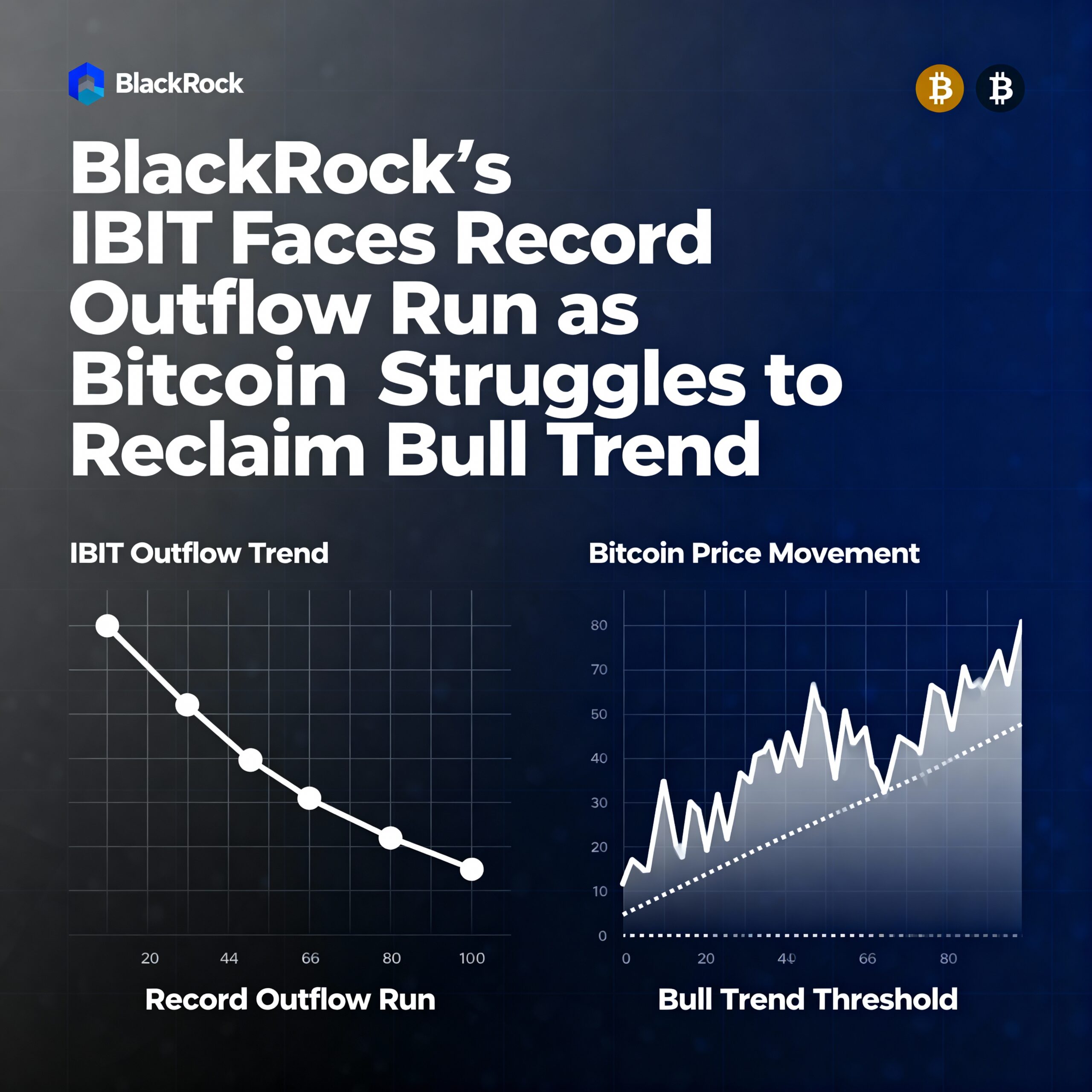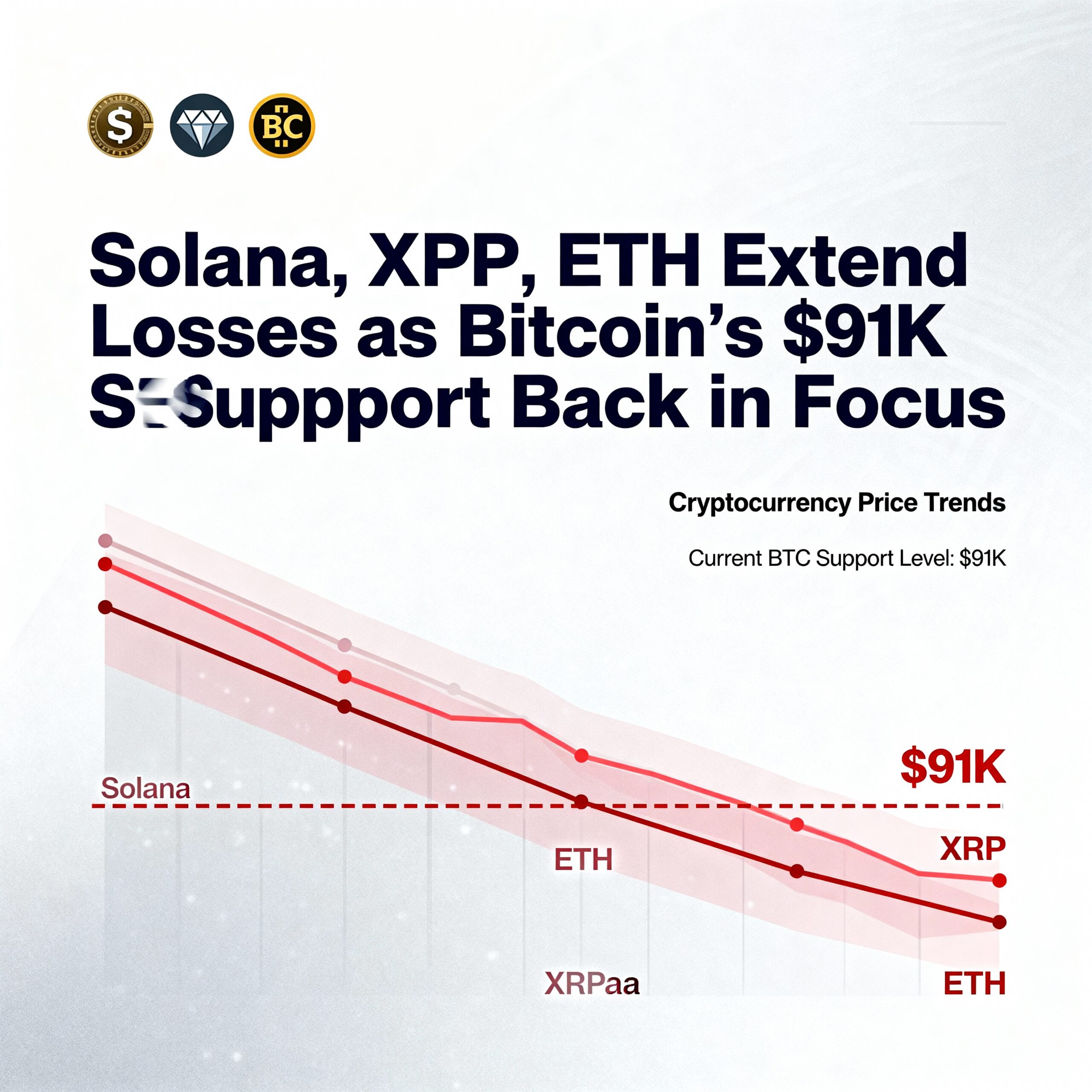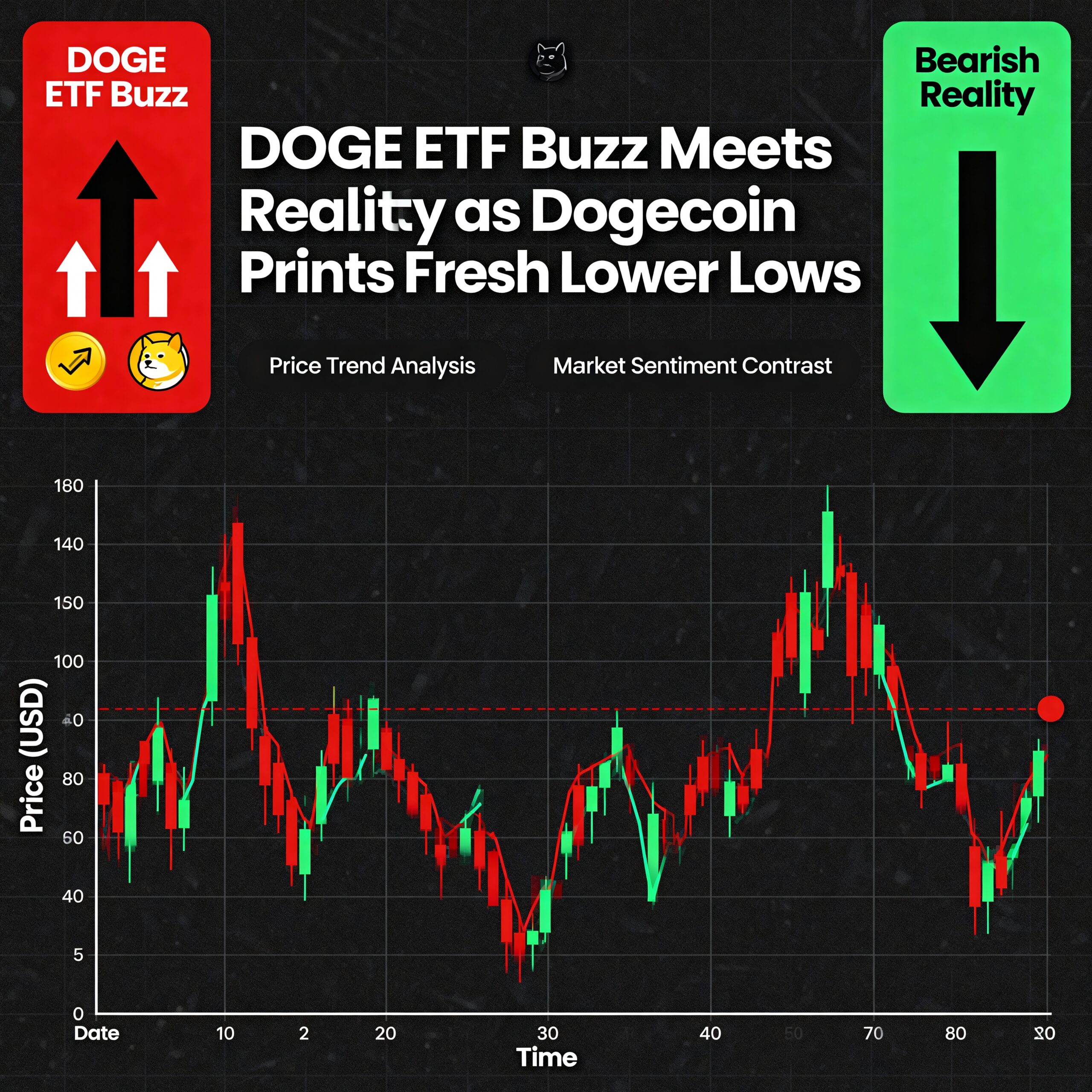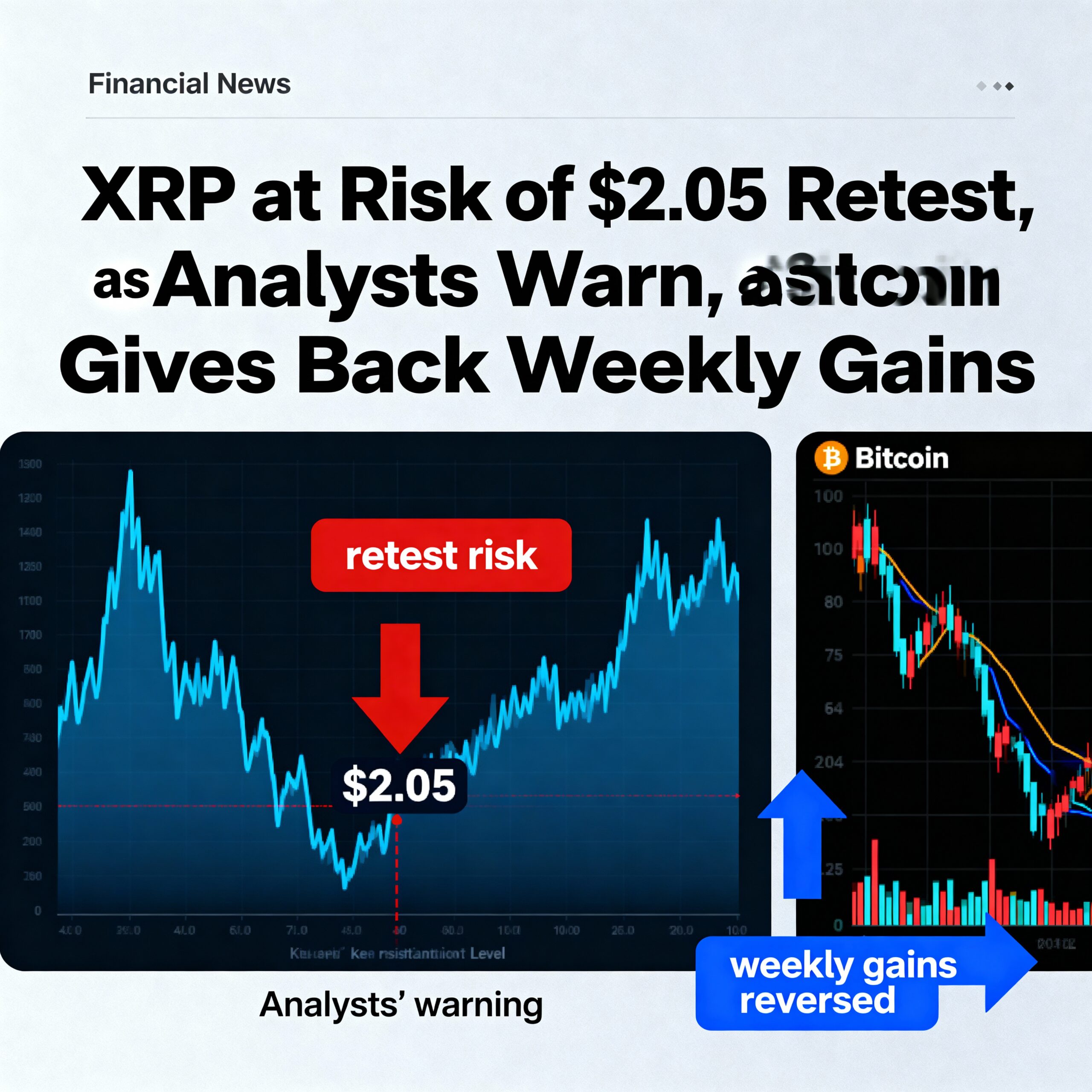
Bitcoin’s Kimchi Premium Hits 10% as Korean Crypto Trading Cools
Bitcoin’s (BTC) Kimchi premium—a price discrepancy between South Korean exchanges and global markets—has climbed above 10%, signaling potential short-term risks as market volatility rises.
As BTC dropped 6% over the past 24 hours, prices on South Korean platforms like Upbit and Bithumb remained significantly higher than those on international exchanges. The premium, once a lucrative arbitrage opportunity, is often seen as a barometer of retail sentiment and liquidity conditions in the Korean market.
The trade typically involves buying BTC on global exchanges and selling it at a higher price in Korea. However, South Korea’s strict capital controls make realizing these gains difficult, meaning the premium can sometimes be more reflective of market inefficiencies than investor confidence.
Recent data suggests a decline in trading volumes on Korean exchanges, with stablecoin reserves, particularly tether (USDT), also dropping. Some users have reported slower withdrawals, further hinting at liquidity constraints.
“With trading activity slowing down, the Kimchi premium isn’t necessarily a sign of excessive demand, but rather a response to a tightening dollar environment,” said Bradley Park, an analyst at DNTV Research in Seoul.
Park noted that while a rising Kimchi premium can indicate strong local interest, it can also emerge due to capital restrictions and external macroeconomic pressures. “Right now, it’s more of a caution signal than a bullish indicator,” he added.
Historically, a high Kimchi premium has preceded sharp corrections in BTC’s price. If liquidity remains constrained and retail interest doesn’t pick up, Bitcoin could face further downside in the short term.

